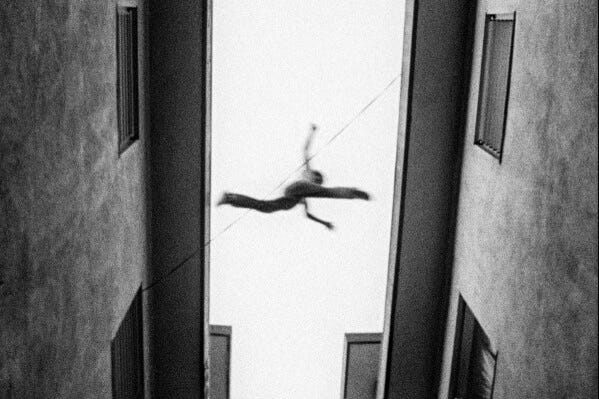Killer of Sheep
1977
Every decade, the eminent film publication Sight & Sound does a massive poll of movie-makers and critics, from which they compile the “100 Greatest Films Ever Made.” The most recent list came out in 2022 (they happen every year that ends in “2”), and I went to work right away watching the films on the list which I had not hitherto seen.
I discovered some…




